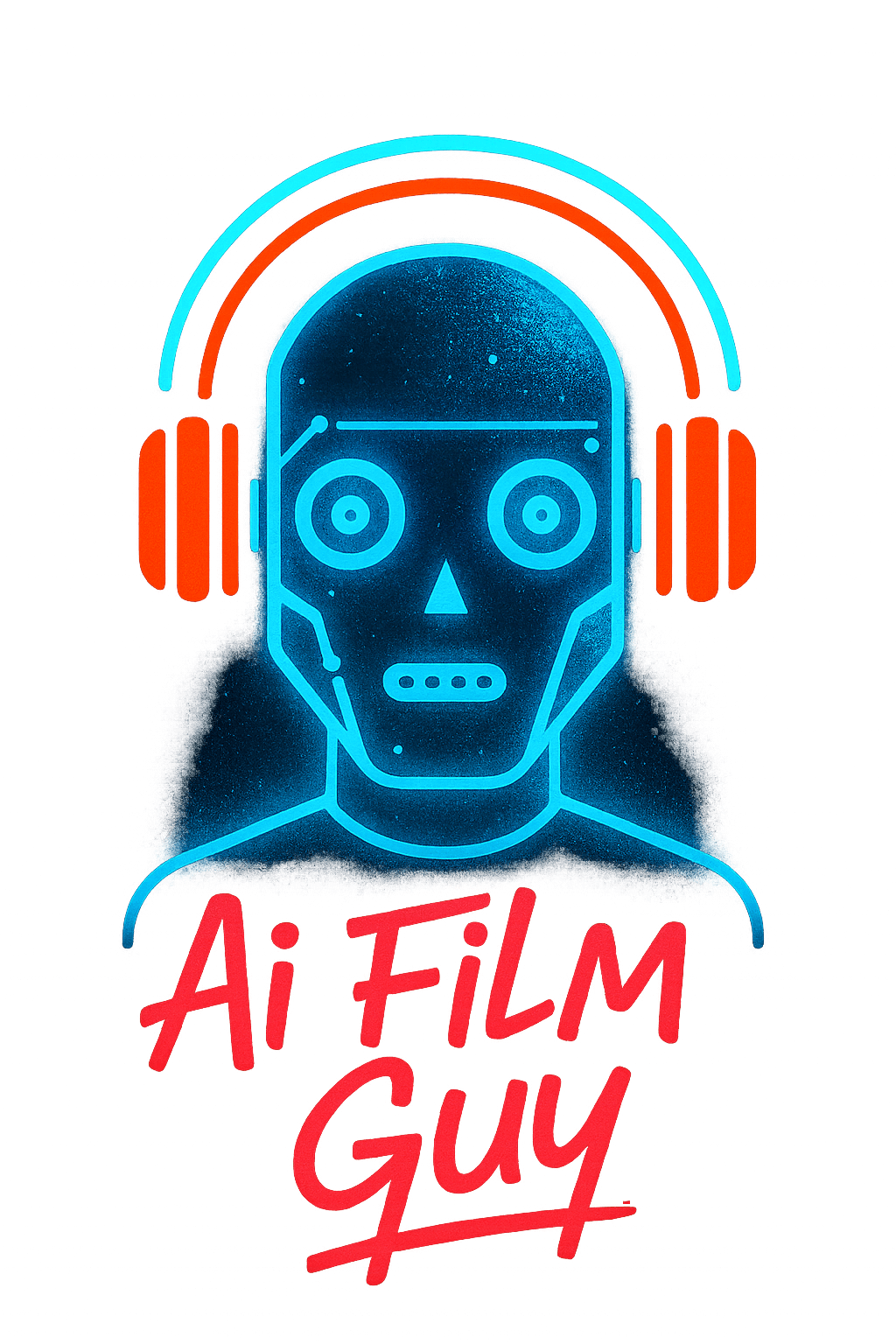The Evolution of AI Storytelling: From Sci-Fi Worlds to Brand Campaigns
JS
The Beginnings of AI Storytelling
Artificial Intelligence has long been a staple of science fiction, captivating audiences with tales of futuristic worlds and sentient machines. From the imaginative narratives of Isaac Asimov to the cinematic wonders of films like "Blade Runner" and "The Matrix," AI storytelling has offered a lens through which we examine the possibilities and ethical implications of advanced technology.
These early stories often painted AI in a dual light—as a potential savior and a looming threat. This dichotomy fueled an endless fascination, leading to complex plotlines that explored human-like robots, virtual realities, and the existential questions they pose.

Transition to Real-World Applications
As technology progressed, the gap between AI in fiction and reality began to narrow. What was once confined to the pages of novels and the frames of movies started to find real-world applications. With advancements in machine learning and data processing, AI began to influence various sectors, including entertainment, healthcare, and finance.
In storytelling, AI is now being used as a tool to assist writers in crafting narratives, predicting audience preferences, and even generating content. This evolution marks a significant shift from AI as a subject of stories to a collaborator in storytelling itself.
The Role of AI in Modern Storytelling
Today, AI isn't just a character in stories; it's an integral part of the creative process. AI-powered platforms are helping creators generate plot outlines, develop characters, and customize content for specific audiences. This technology enables faster production times and offers innovative ways to engage with audiences across multiple platforms.

AI in Brand Campaigns
The storytelling paradigm is not limited to traditional narratives. Brands have recognized the power of storytelling in building connections with their audiences. As a result, AI has found its way into marketing and advertising campaigns, where it plays a crucial role in crafting personalized experiences.
By analyzing consumer data and behavior patterns, AI can tailor brand messages that resonate on an individual level. This personalized approach enhances customer engagement and loyalty, making it an invaluable asset for marketers.
Examples of Successful AI-Driven Campaigns
Several brands have successfully integrated AI into their storytelling strategies. For instance:
- Coca-Cola: Utilized AI to generate music tracks that accompanied their advertisements, creating a unique audio experience for each viewer.
- Netflix: Uses AI algorithms to recommend content based on viewing habits, keeping users engaged with personalized suggestions.
- Nike: Implemented AI-driven personalization in their digital ads to showcase products tailored to individual preferences.

The Future of AI Storytelling
As AI technology continues to evolve, so too will its role in storytelling. We can anticipate more sophisticated AI tools that offer even greater creative freedom and efficiency for writers and marketers alike. The possibilities are endless—from interactive narratives that respond to user input in real-time to fully autonomous story-generating systems.
While the core of storytelling remains rooted in human emotion and creativity, AI serves as a powerful ally in enhancing and expanding the boundaries of what is possible. As we look to the future, one thing is certain: the synergy between human imagination and artificial intelligence will continue to redefine how stories are told.
